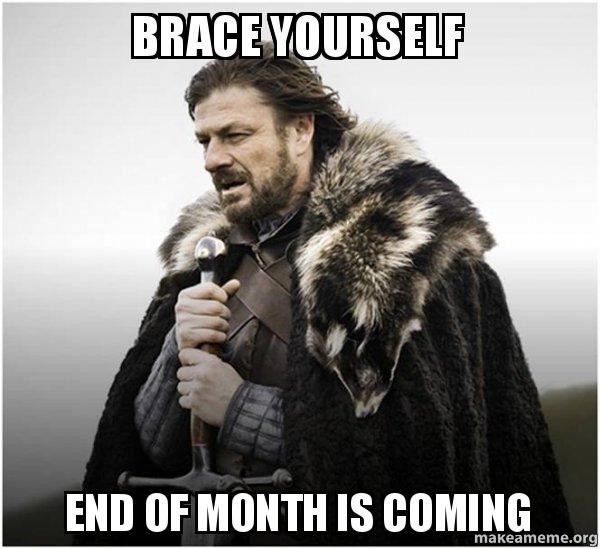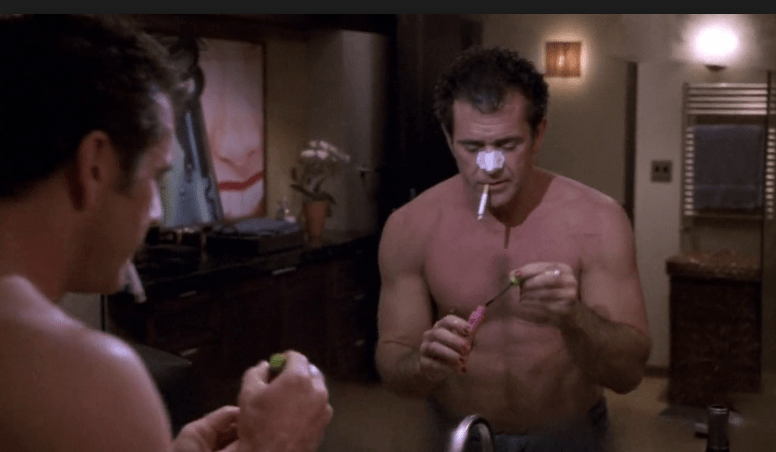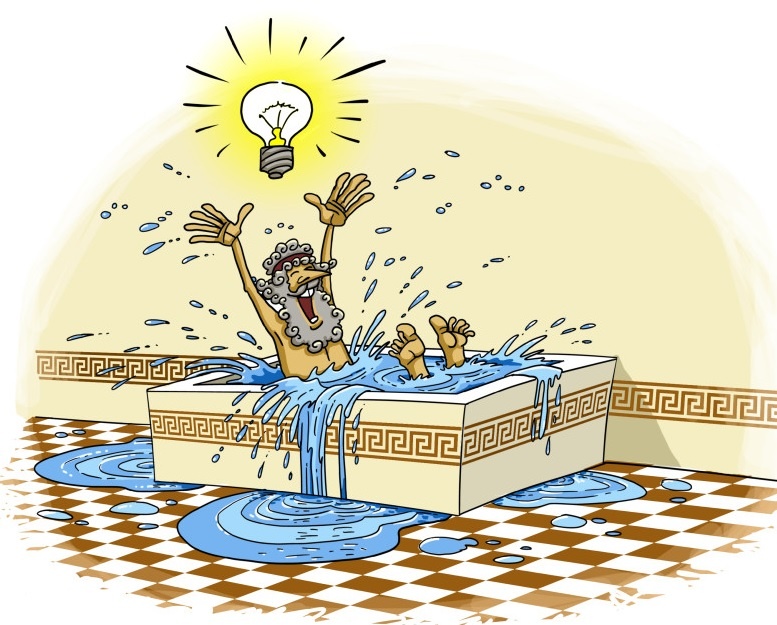The secret to sales that made us sell three times more and four times faster
Sales is a numbers game? Always?
I remember the first few years of my career so far as if they were yesterday. A tremendous amount of hard work: countless queries, calls, appointments from one end of the sales funnel and a handful of transactions from the other end. However, the sales themselves did not go well.
“A numbers game, a numbers game! You do more, you get more! ”My then sales manager cried every morning, and was shouted even more firmly at every sales meeting when the team’s results were again unexpected.
And my numbers, which I think big, 20-30 calls a day and 5-6 meetings a week, were still modest. We had people hunting 50-60 a day to get their 10-12 meetings a week, so that they would get 1-3 transactions over the next two to three months, depending on the star’s state and weather.
Beautiful talk vs cold reality
Losing the most was the loss of deals where the client had a tremendous amount of interest at the meeting and his profile matched perfectly with what we offer. “How so? He was interested, and the need was obvious. Why is this deal stretching now? ”Or worse,“ Don’t you now? Trying yourself? Opted for a cheaper solution? No need anymore? HOW IS THIS POSSIBLE?!”
I imagine that many have experienced a period in which I do not know the potential of the beginning of the month several times in a row and the end result simply does not match. The moment you watched your sales pipeline and your ongoing deals in the first days of the month, and your eyes glittered, “Finally, this month is going to be a record!” you squeeze the blood out of your nose and into the last quarter of a tube to lock it.

Where was the bone buried?
At one point, I became a damper to it! “Something must be clearly wrong. Is this the life of a salesman, a lottery? American Mountain? ”I resumed selling books and looking for video footage in the vastness of the Internet.
A topic already discussed by intellectuals was countered:
- Listen to the customer! Check.
- Ask the right questions. Check.
- Present based on the client. Check
- Talk about what’s important to her. Check
- Solve the counterarguments, sales start with the first NO . Check
I was especially focused on closing because I felt there was a problem. If customers are interested and there is a need, why does the interest go away later? How do you avoid it and get it moving right away?
Closing ancient philosophy
Closing’s classic approach, I believe, has been heard by most. Sales start with the first NO . Solve customer counterargument and re-order. By then, I had learned all the techniques and secrets of closing. Participated in the training of Estonian specialists and also listened to the material of foreign makers.
Practicing all these techniques relentlessly on clients, at least five times as the sales mantra says, did not get the expected change. Rather, there were a couple of situations where I was really angry with the client and I was asked to politely leave after the fifth click.
“Closing techniques don’t work!” I cried in my head and I was quietly giving up. Until one night, I copied a video on Youtube that struck the entire world as it was before.
What do WOMENCustomers Want !?
We have all been in a situation where, for one reason or another, we are slipping into a tense situation. Bringing an excuse, urgent. And what’s the worst thing that can happen to us then? If the other side starts to chew through the wrong one with great enthusiasm and consistency.
It was as if you were feeling a loop coming in and around your throat. The circle of lies closes. What does a person usually do in this situation? Throws out a new one for urgency, increasingly wrapping itself up. And when the counterparty refines more, then when you feel pressured, the person starts barking and defending, becoming aggressive. “I already said we need to think. Please don’t pressure me. ”

Relationships have the same theme. Have you ever been in a situation where your friend, your partner, your partner is offended by you? And he won’t tell you what’s the reason? Or does he say, but by solving this problem he is even more offended? Where is the real problem?
If you want to understand, act!
Success Formula No. 1: Sales Success Criteria
When do customers buy?
In order to close the customer, it is necessary to understand what conditions must ideally be met in order for the sale to take place.
1. He has a logical and / or emotional need for what is being offered
In other words, the customer must like the logical or emotional values of your product / service / solution.
PS! Most salespeople sell based on their preferences. In other words, if you buy based on logical values, you will sell accordingly. This is one major leak site.
2. He has trust in YOU and your company.
The main error of the Estonian sales landscape. Most sell a product and know it as their five fingers! But you can’t sell yourself, and it doesn’t matter that the customer is just as interested in whether you are the person to do business with. The same goes for the company.
If there is no trust, no matter how good the product, the customer may not buy. “It seemed too good to be true.”
3. His limiting beliefs and fears have been removed
There is no point in selling a product and pointing out its benefits if the customer has some fear or other restrictive, exclusionary belief in making a decision.
For example: you sell a product, service, solution that helps the customer save time and money through efficiency. BUT, the customer fears that he does not have enough time to use it. In this case, this fear must be removed first.
Customer doesn't always speak the truth.
Closing’s old-school theory is very strongly based on an approach similar to extinguishing a fire. A call comes to the alarm center and the crew flies with the whole army and the danger is neutralized. But what if there was a false alarm?
I remember from my childhood how making joke calls with old telephone sets was a deterrent to some bastards, but a huge headache for firefighters. And what if, at the same time, there is a real threat somewhere else that needs to be addressed? Who is ultimately responsible – still the rescuers.
Or if it was a real challenge, but not so serious? It is not uncommon for the impact of water damage during firefighting to be much greater, not the fire itself! A poor homeowner who has to start restoring his home later.
What if its the same in sales ?
What if we respond too quickly and vigorously to challenges? What if the real threat or concern needs to be addressed elsewhere? What if the objection raised by the client is just a pity, an excuse? Smoke cover !?

Heureka!
Like the fallen Archimedes, everything seemed logical! I solve the wrong arguments and sometimes I go too far. Where is the real problem?
Make sure before you whack?
Watched the video, I can say that that night I didn’t particularly sleep. I immediately reviewed my entire closing and changed my approach.
In the past, our sales approach was strongly built on value, but we did not address limiting fears, beliefs, or sell trust. At Closing, we treated each client’s statement as pure gold and immediately began to crush the objections using known techniques.
Now we did not go along with most of the initial arguments put forward!
“I have to think” – “Absolutely understandable, I ask you quickly: did you like our idea otherwise? What exactly? What does it give you to use it?”
Let the customer sell you the product in their own words. Then you can see how much he understood and if he was bothered by something, he brings it out himself. That is the reason – thinking is never the real reason.
Success Formula No. 2
There are two types of objections:
- Excuses, lament, complain, smoke
- The real argument to be resolved (related to sales success criteria)
“Don’t solve the wrong argument!“
When a customer made an argument that we were unsure if it was real, we ignored it and asked for the order again. Or we went to the real problem with the questions: was it a lack of clarity/conviction about what was offered, a lack of sufficient trust, or some classic fear, hesitation, limiting principle about our business.
What happened next?
Over the next six months, the results started to grow, and I also managed to become a sales manager and create my own team. It didn’t take long for the new members to start selling more.
We weren’t the top callers or the volume of appointments, but we locked deals faster and our closing rate and average price were many times higher.
If you also want to :
- Take your sales skills to a new level and learn from customers
- Get a better price,
- Spend less time and
- Lock more efficiently.
THEN register for one of our trainings. Today, as consultants, we have introduced the same method to our clients, and we can say with 100% confidence – it works!



